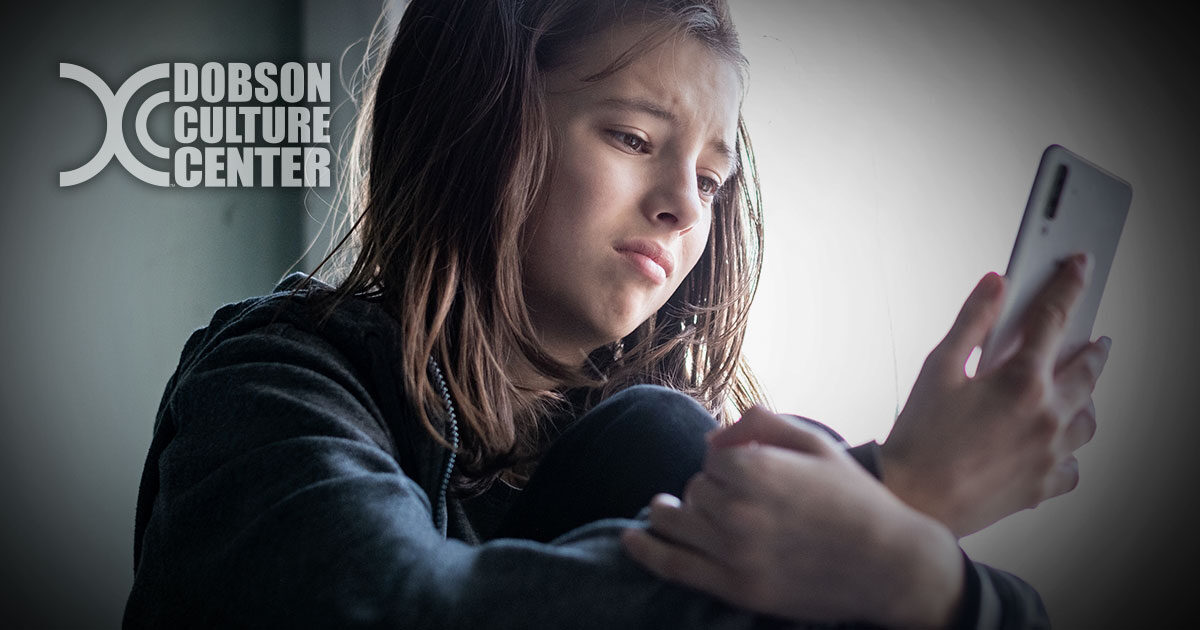In a move that has made international waves, the Australian Parliament has banned social media for children under sixteen. The country’s campaign to limit child participation in digital communities was driven by widespread concern over Internet bullying among children.
But why age sixteen? In his massive best-seller The Anxious Generation, social psychologist Jonathan Haidt argued that sixteen represents the best “minimum age” for media users. In an interview, he stated, “For health reasons I would say eighteen, but, realistically, I’m trying to set a norm that we can actually achieve, and I think sixteen is that norm.” Haidt’s recommendation has resulted in an extensive debate.
What should Christian fathers and mothers conclude about the exclusion of children from social media? We offer four brief reflections for consideration:
- Age limitation is a wisdom issue. Scripture doesn’t speak directly to using social sites or how children should engage the Internet. Because this is a matter of wisdom, we should proceed carefully and arrive at our conclusions discerningly.
- Many Christians regulate their kids’ social media interaction. Such restrictions apply to the Internet in general. At the absolute least, Christian parents need to have a strong grip on their kids’ online involvement (though rarely the case, this should be non-negotiable for parents today).
- Numerous parents will conclude that digital networking is best suited for adults. This determination is not because there is a magic age at which a person is mature enough for engaging in online conversation. Rather, learning how to navigate a fallen world in a holy way requires a lot of time, hard work, and patience.
- Let us bring children along slowly into technology. A helpful book for adults is Cal Newport’s Digital Minimalism. Newport advocates a minimalistic approach to employing technology and doing so with attentive care and discretion. We must not forget that “the web” is both a tool and a trap, and is certainly a medium that shapes us—our attention spans, our interests, and even our neural pathways.
Children need much attention, love, fun, discipleship, direction, kindness, forgiveness, and help—specifically from a dad and mom. God did not give youngsters an iPad; He gave them parents. Our heavenly Father did not sign kids up to learn life from TikTok; He assigned fathers and mothers as teachers and protectors (Genesis 2:24-25; Proverbs 22:6).
Whatever specific decisions we make about using social media, let us recommit ourselves to the exhausting yet deeply rewarding and incredibly important work of shepherding our children. Simply put, our kids need us, even as they need God above all.












